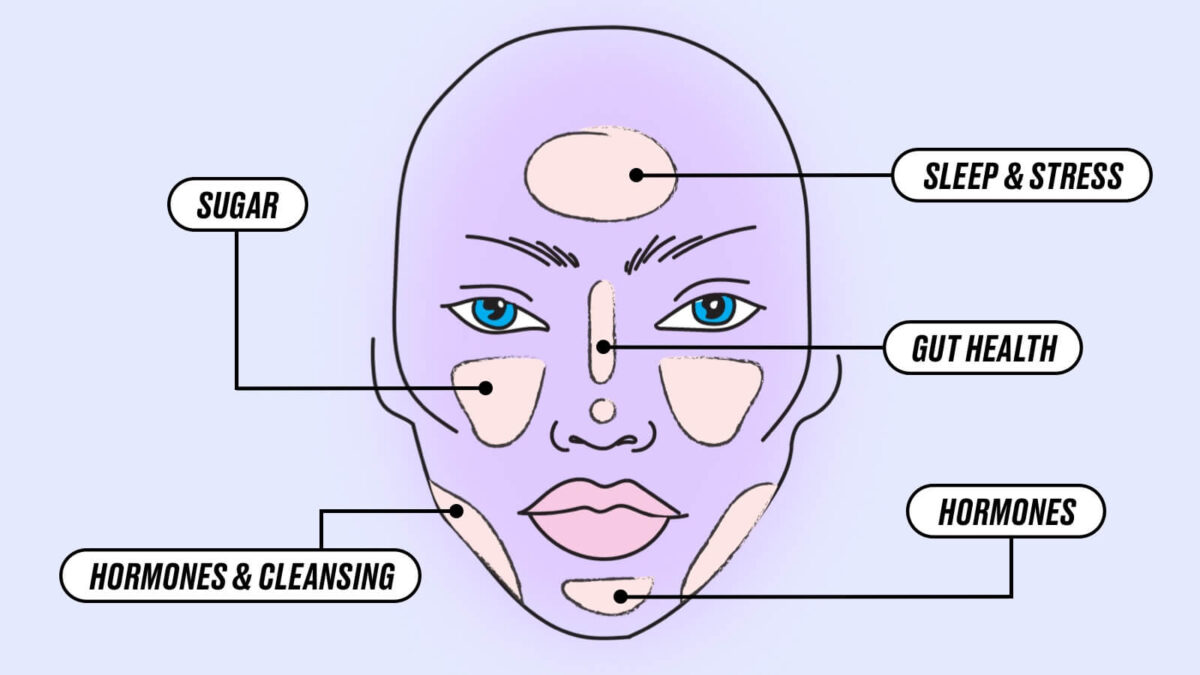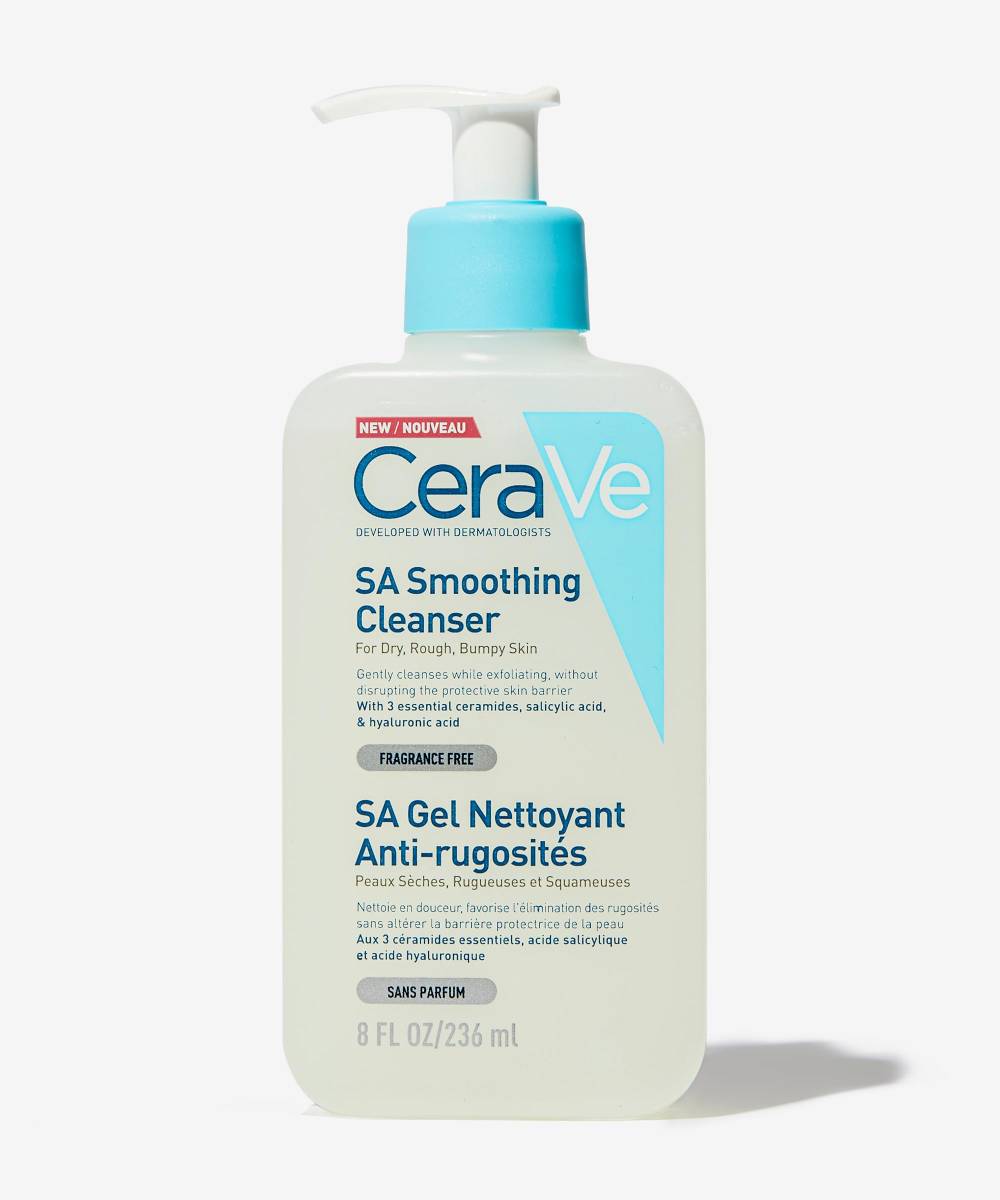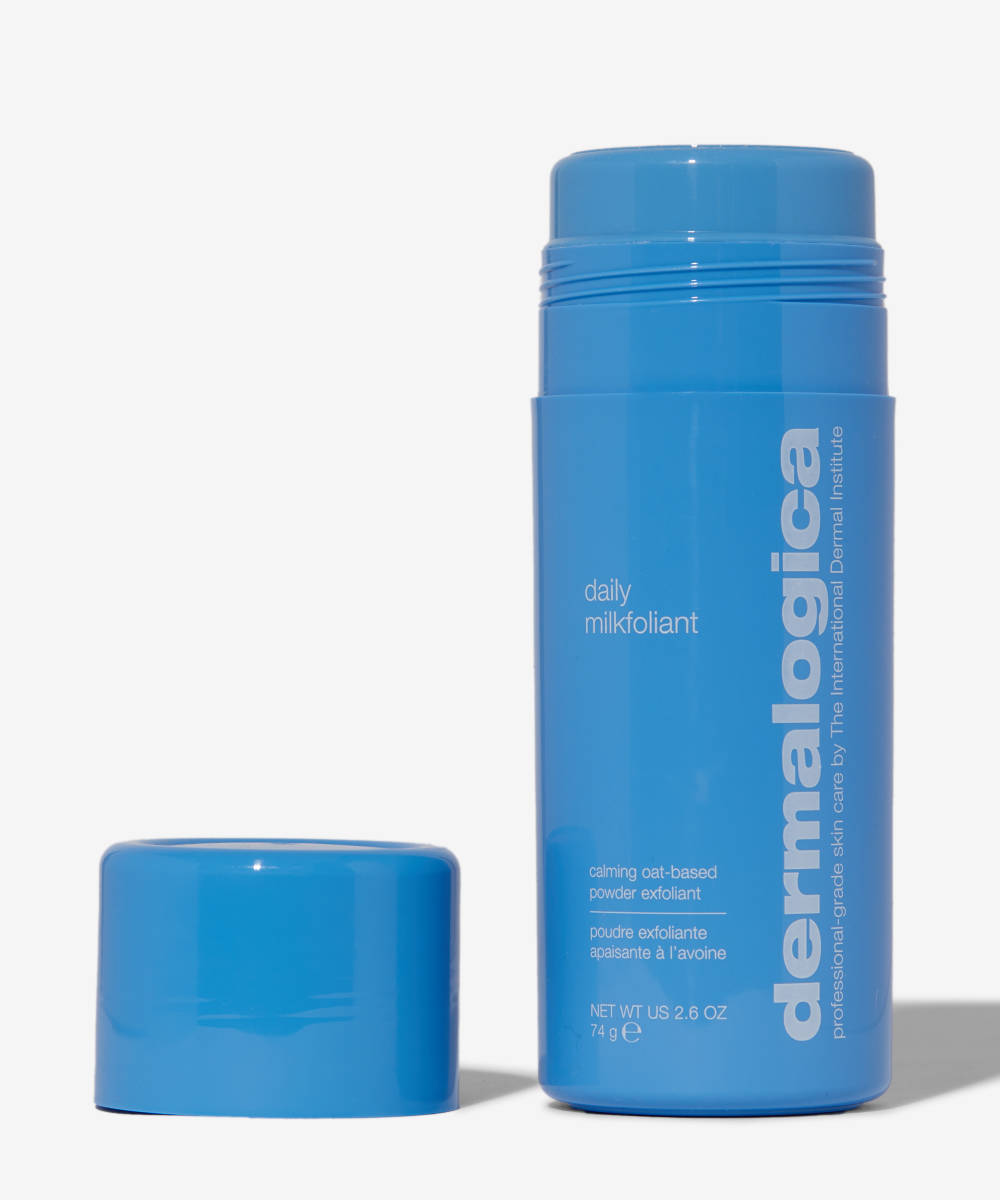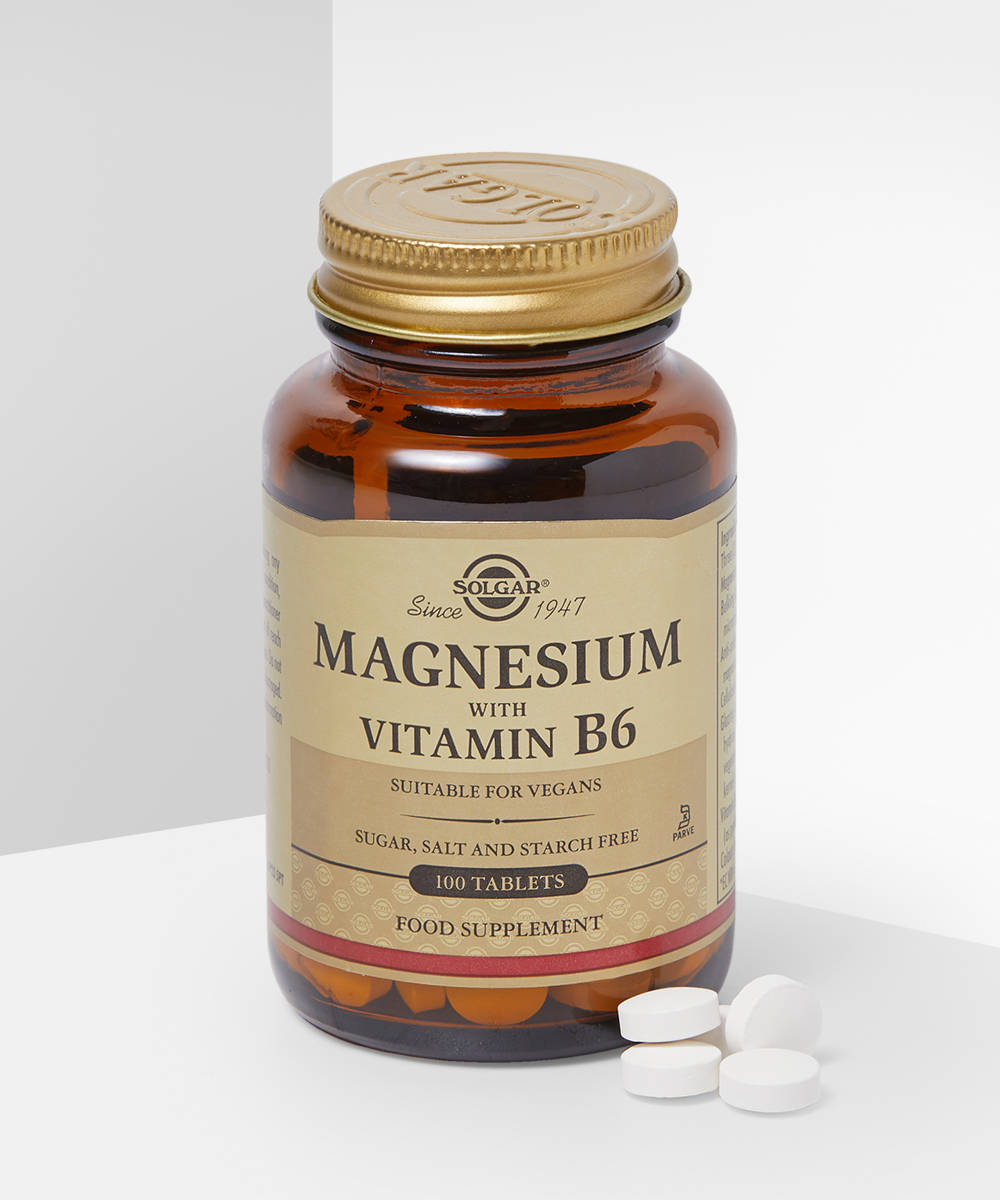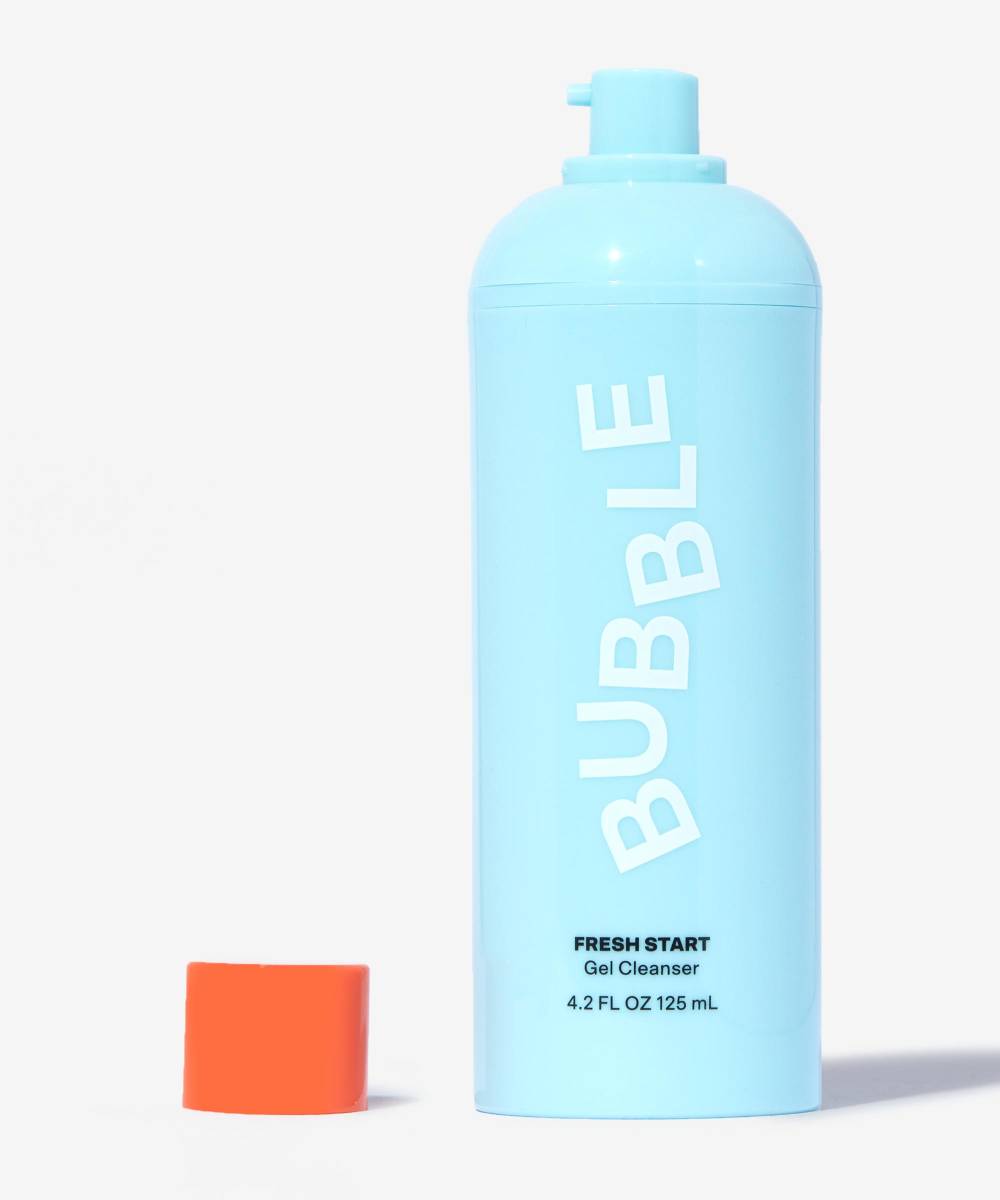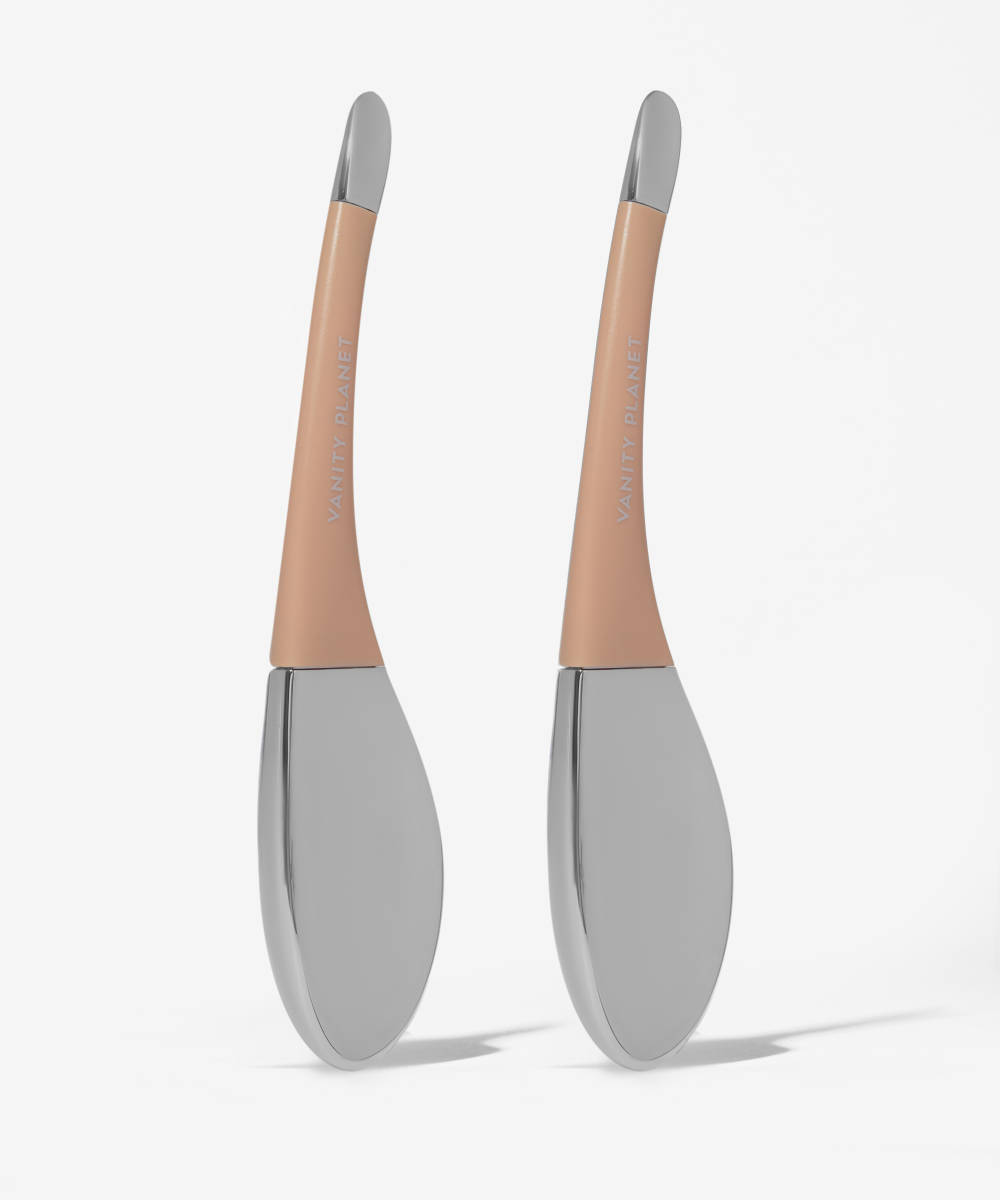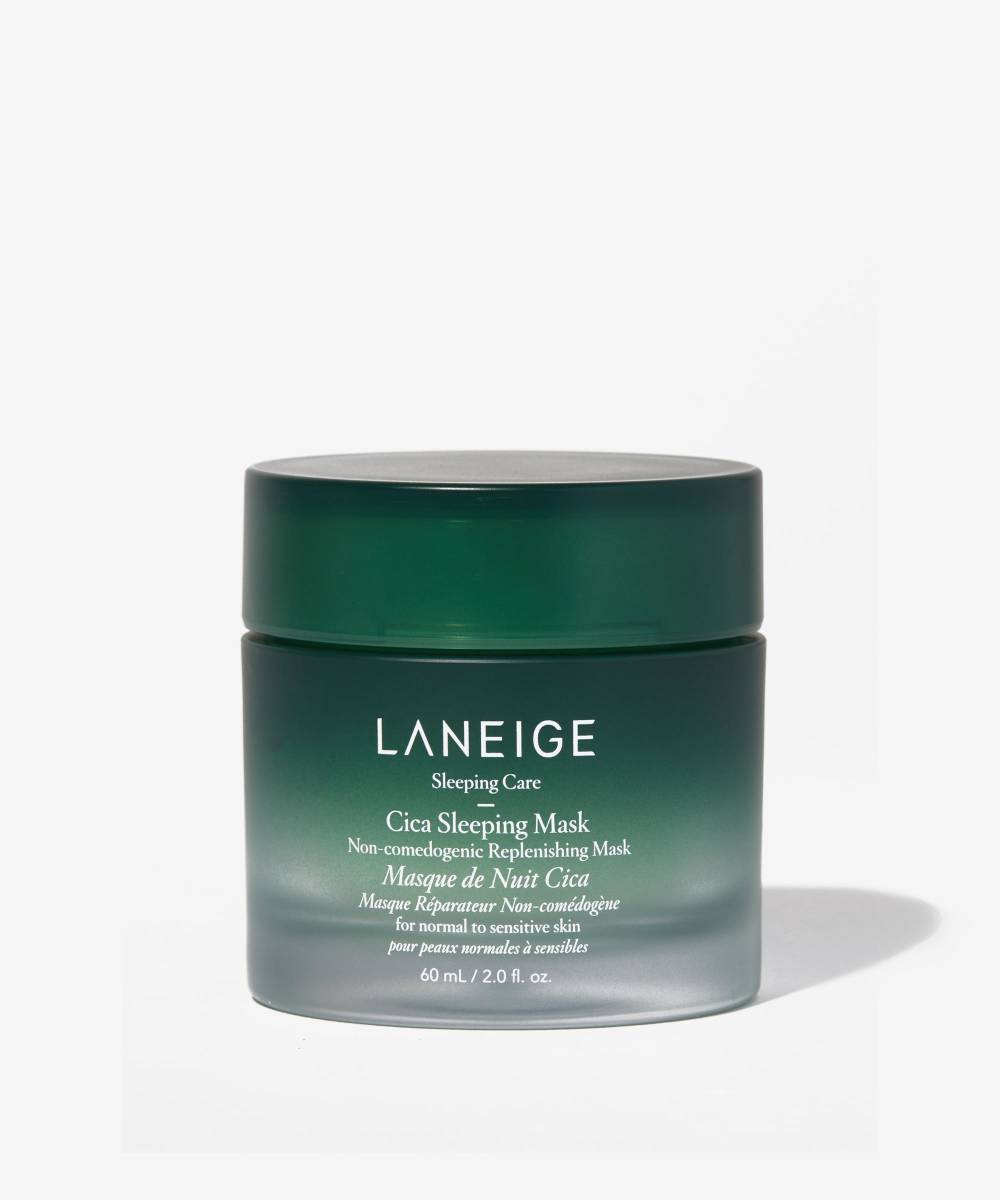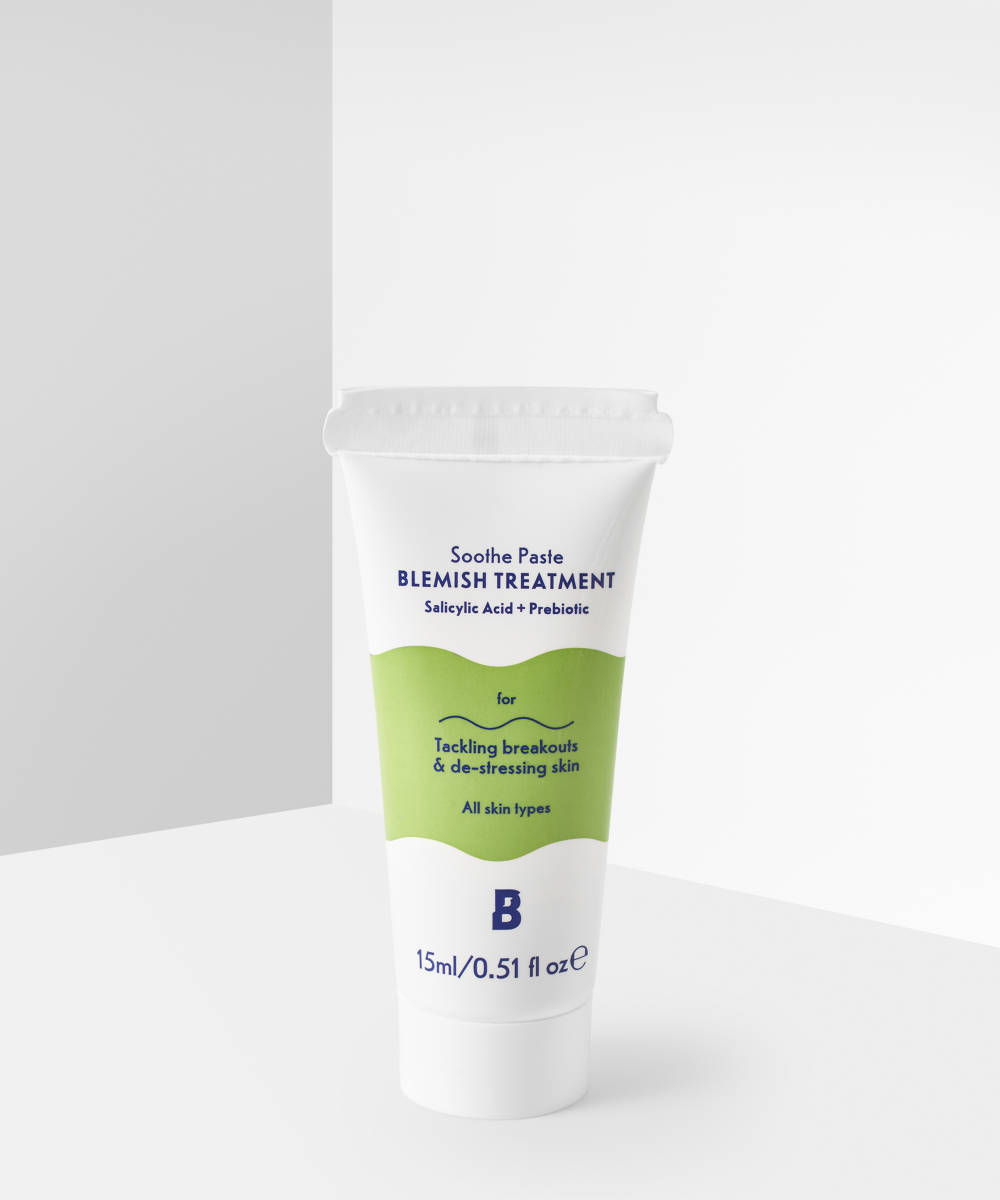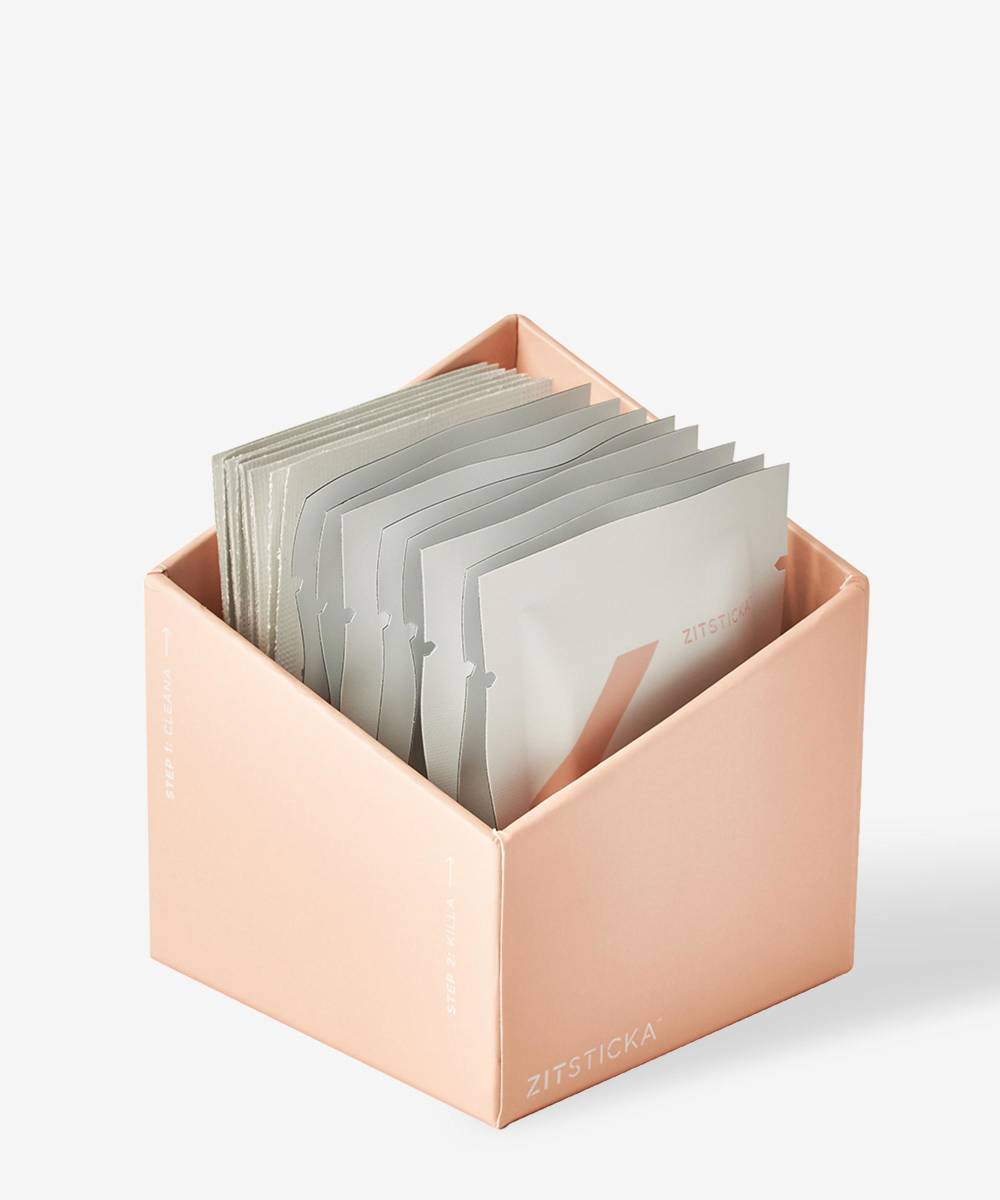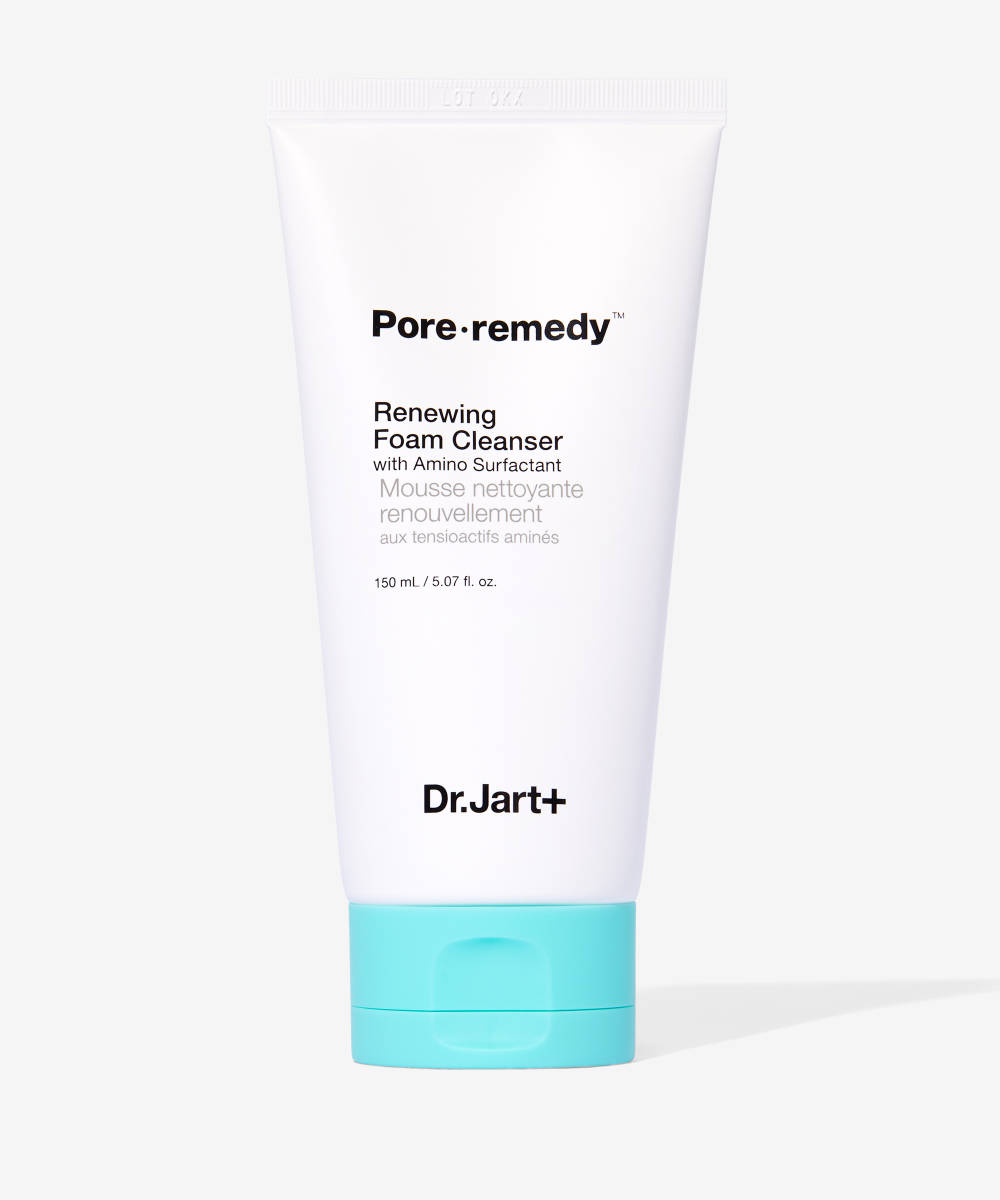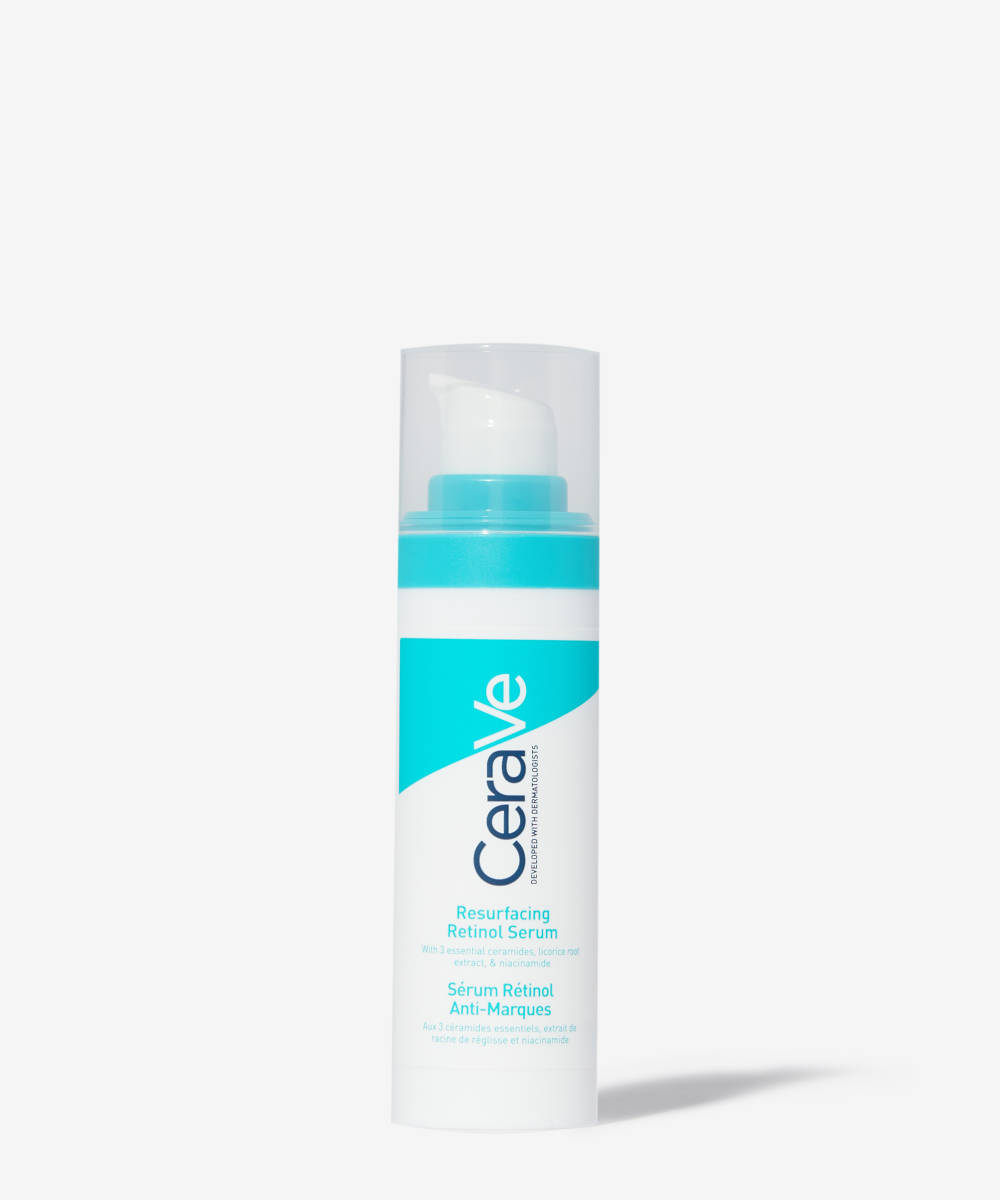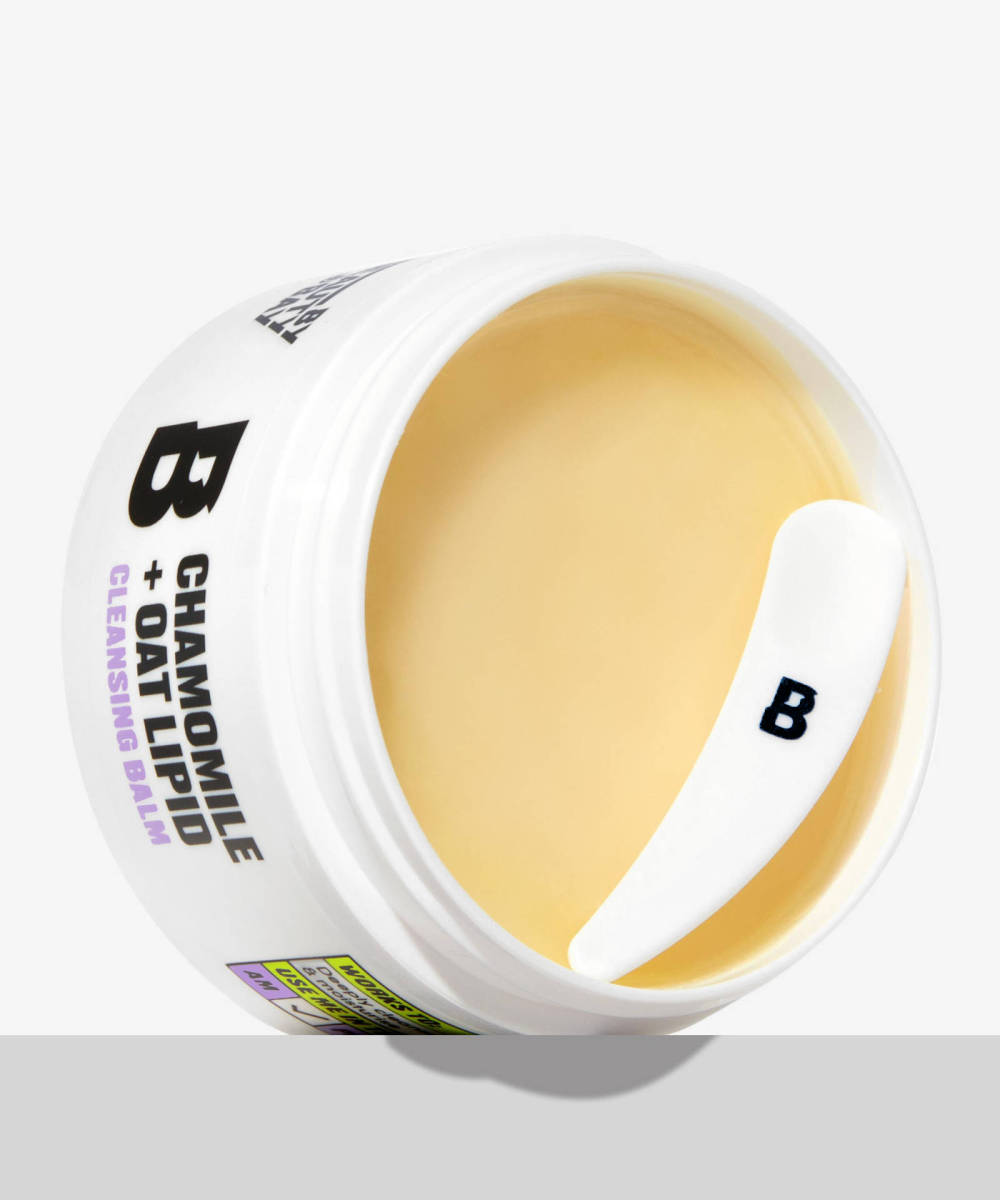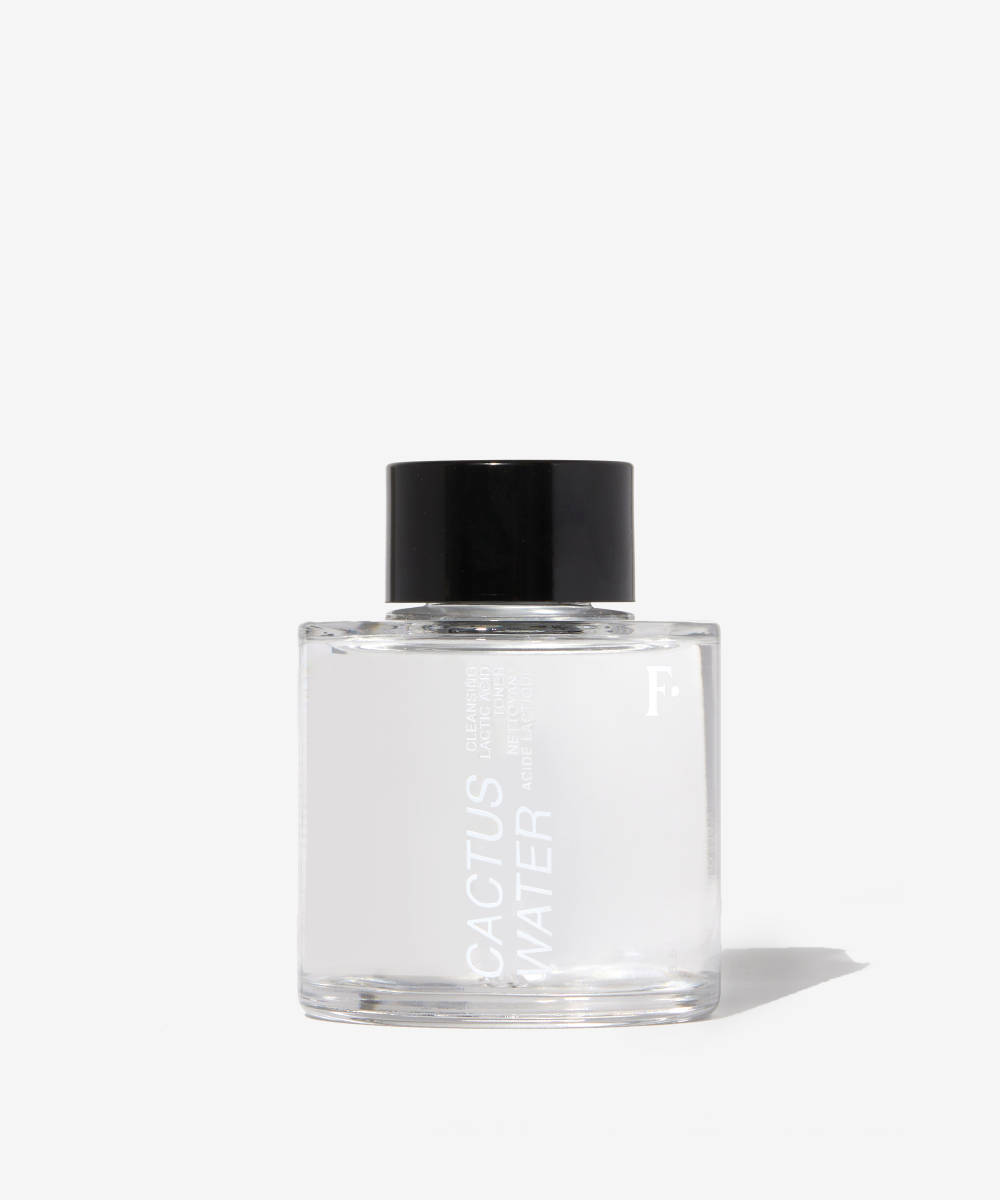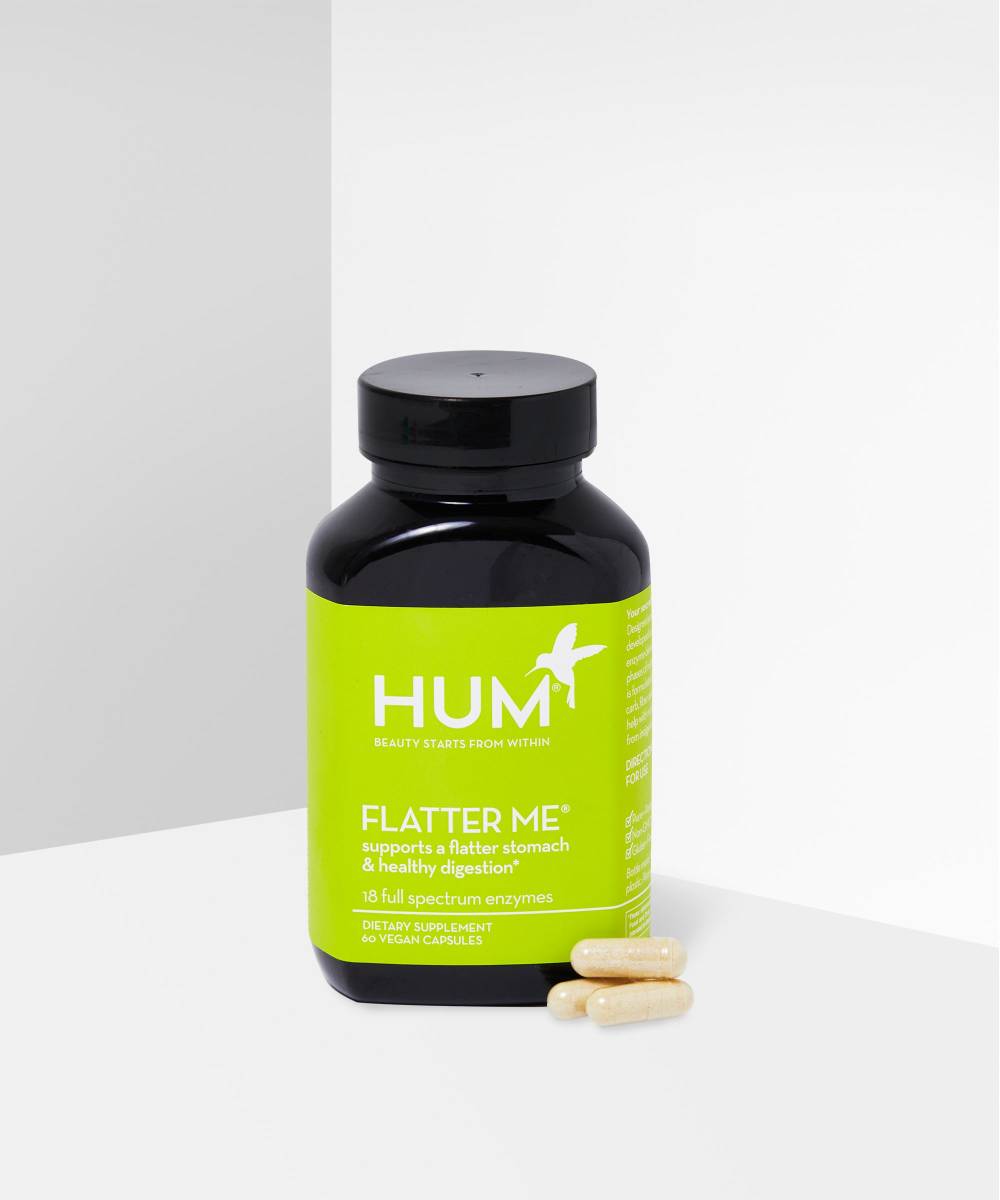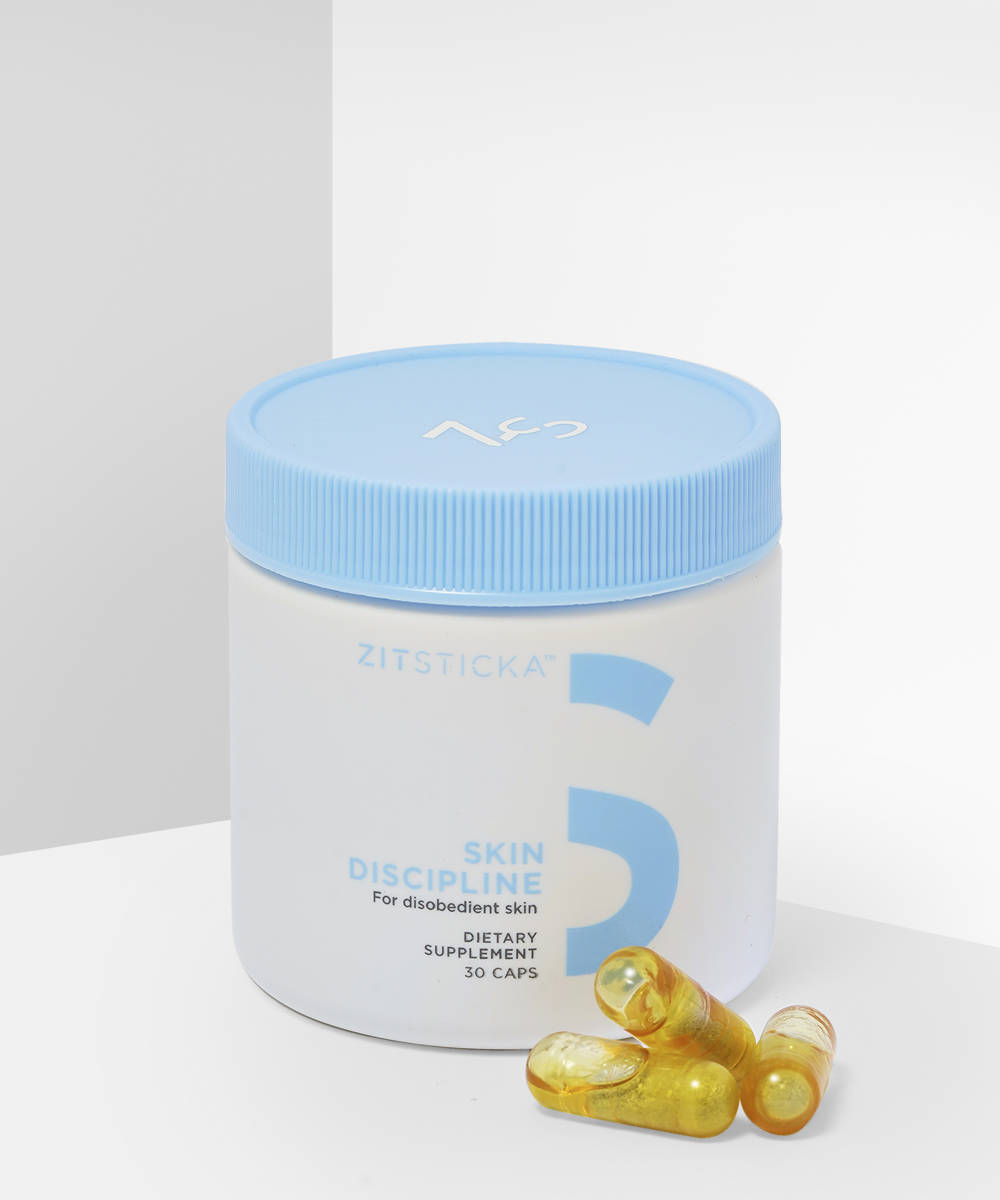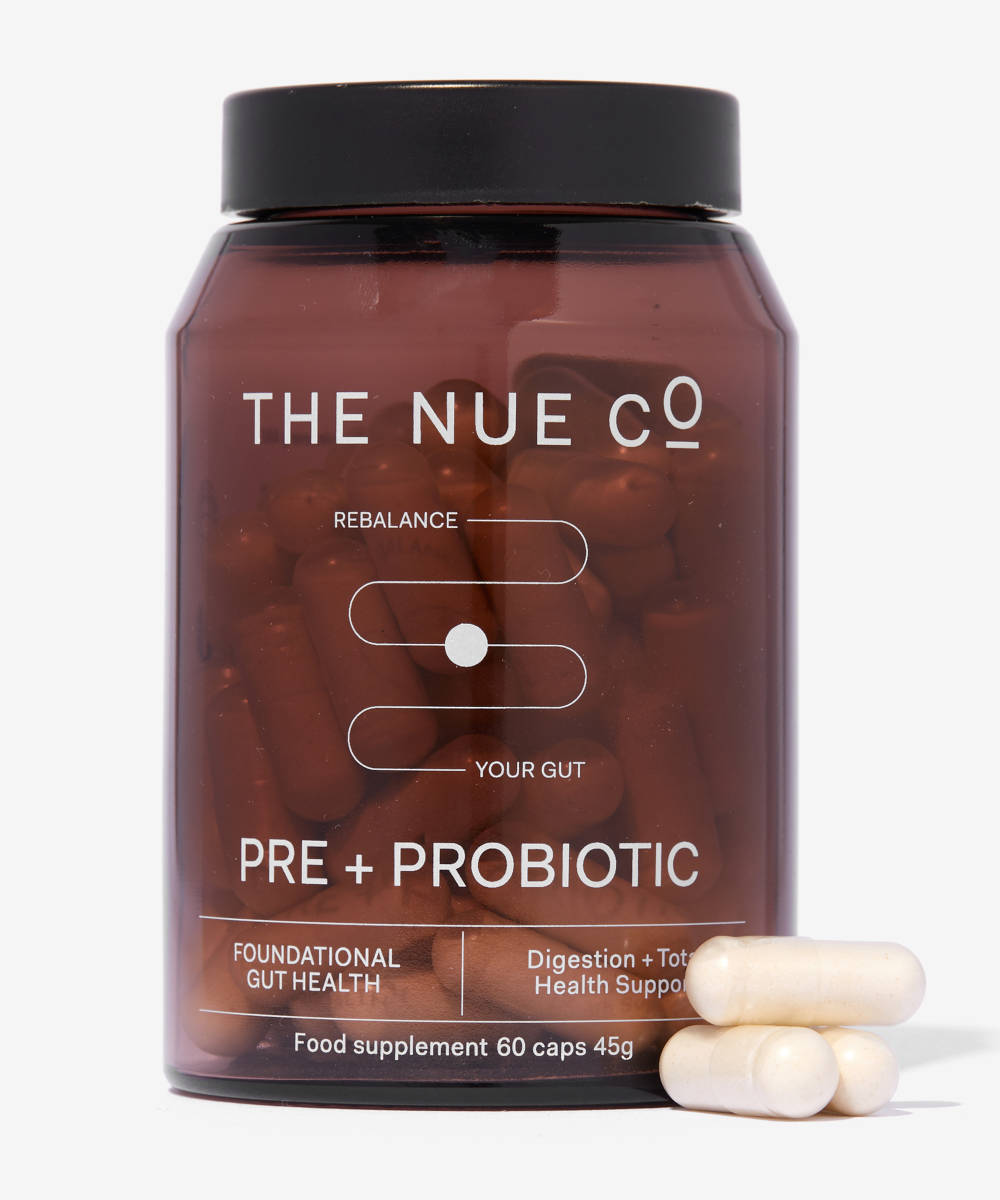We know that spots are caused when oil and dead skin clogs up in pores and attracts bacteria – but the logic of why breakouts appear in certain places is not always so easy to figure out. However, there’s an ancient skin analysis technique known as ‘face mapping’ which can make it a little easier to understand your acne or breakouts. For example, that sore, deep-rooted breakout that always appears on your chin right before your period starts is probably triggered by hormonal changes in your body that impact your skin’s oil production and exfoliation rate.
The theory of face mapping links up the different areas of your face with various organs and areas of your body – meaning you can make changes to your lifestyle, diet, or product use in each area which can then have a knock-on impact upon your skin. While there’s no direct scientific evidence that skin mapping is a foolproof method of skin analysis, it can offer some helpful clues to help you identify breakout triggers. We’ve broken it down below with a guide and a handy chart so you can see what might be contributing to your breakouts and find ways to treat or stop it from happening again.
1. Forehead
Breakouts across the forehead can be associated with stress and lack of sleep. Stress is highly linked to acne because it causes an imbalance of hormones, and hormones directly impact skin’s oil product and exfoliation rate. The more oil the skin produces and the less it self exfoliates, the easier it it for a pore to become clogged and a spot to form.
Gently exfoliate your skin to support your skin’s natural exfoliation process, and incorporate ingredients like salicylic acid and niacinamide which help to balance out skin’s oil production.
2. Cheeks
The cheeks are highly impacted by diets high in sugar. When your sugar levels increase, this causes inflammation throughout the body and also triggers your body to make more sebum. This increase in sebum and inflammation can cause breakouts to form.
If you’re seeing regular breakouts on your cheeks then you may want to consider swapping artificial sugars for natural sugars instead, or cutting down on sweet food, fizzy drinks, and alcohol in general. To calm breakouts on the cheeks, use soothing masks and cooling skincare tools to reduce inflammation. Ensure that you’re exfoliating your skin on a fairly regular basis to prevent pores from clogging.
3. Chin
When papules and cysts start to appear around your mouth, chin, and jawline, it’s likely that these breakouts are triggered by your hormones – you may only experience them at certain times of the month. Hormones fluctuate throughout the monthly cycle and as progesterone levels rise before and during your period, oil production is kicked into overdrive – this increase means it’s much more likely that pores will clog and blemishes will form. Hormonal acne is more likely to affect your jawline and chin because this area has a large amount of oil glands.
Try to keep the area as clean and oil free as you can, which means no touching! Use a face wash or treatment that contains to salicylic acid to reduce the breakouts and to prevent them from forming.
4. Jawline
These breakouts can also be affected by hormones. However, getting spots around the egde of the face and near the ears can also be a sign that you’re not cleansing properly. The face is a large area to cover and sometimes we can easily miss out on cleansing a small portion of that area. Makeup also easily builds up in these areas and doesn’t always get removed.
Make sure you’re double cleansing and using a toner to get rid of every speck of makeup and/or dirt that could be on the skin. Consider using a retinol serum to help stimulate cell renewal and target deep-rooted congestion.
5. Nose
The nose is linked to your gut and digestive system. So, if you’ve had a few decadent nights of booze and fast food or spicy food then you’re more than likely to see a few blackheads popping up on your nose. Poor bowel movement means poor body detoxification, which can result in inflammatory acne around the nose.
If an active social calendar or spicy food diet is a regular thing for you, then you may want to consider taking supplements that support your gut health.
Check the chart
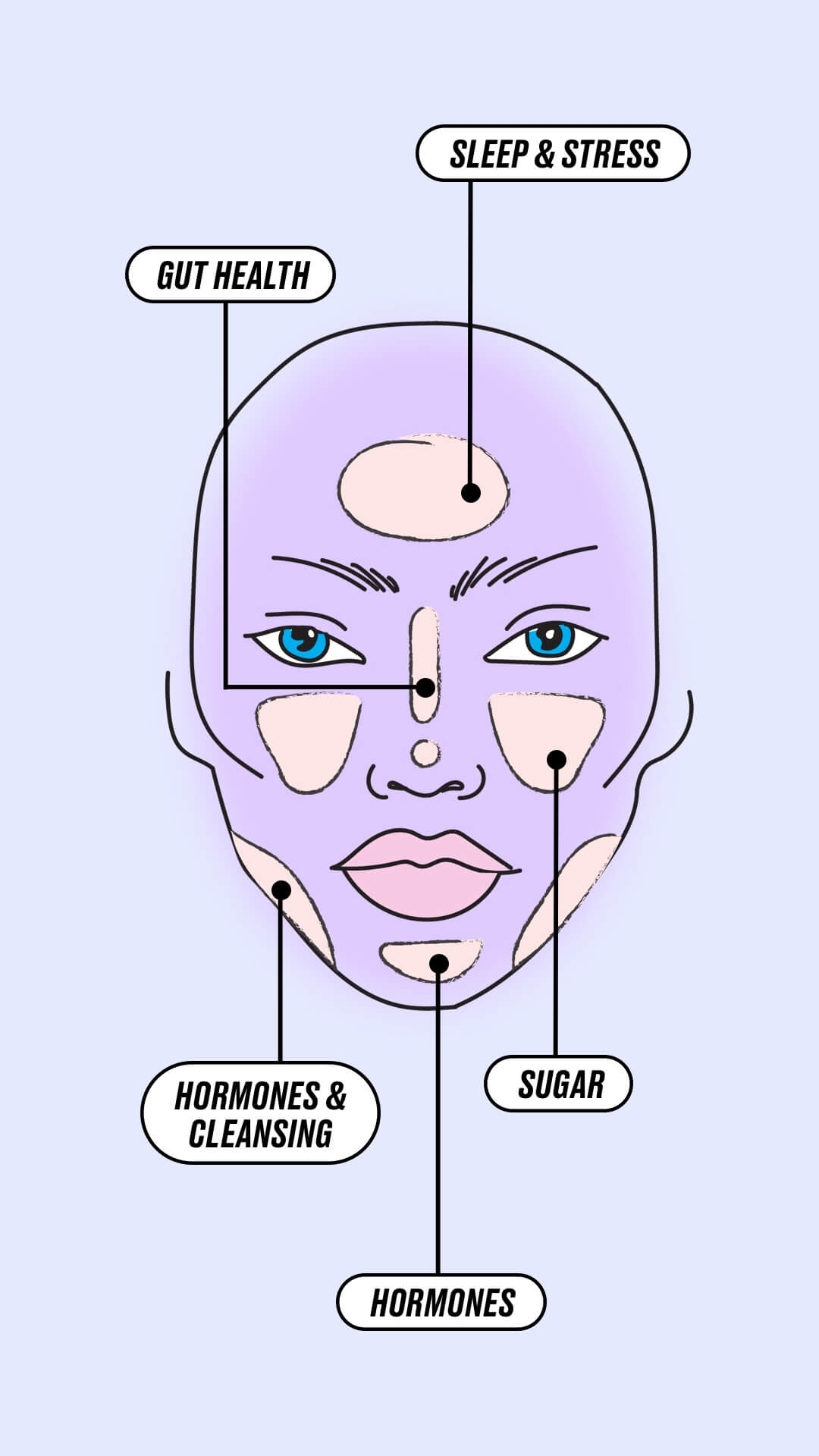
FYI: This article was previously published at an earlier date and has since been updated.
